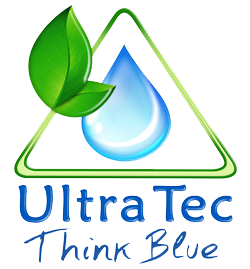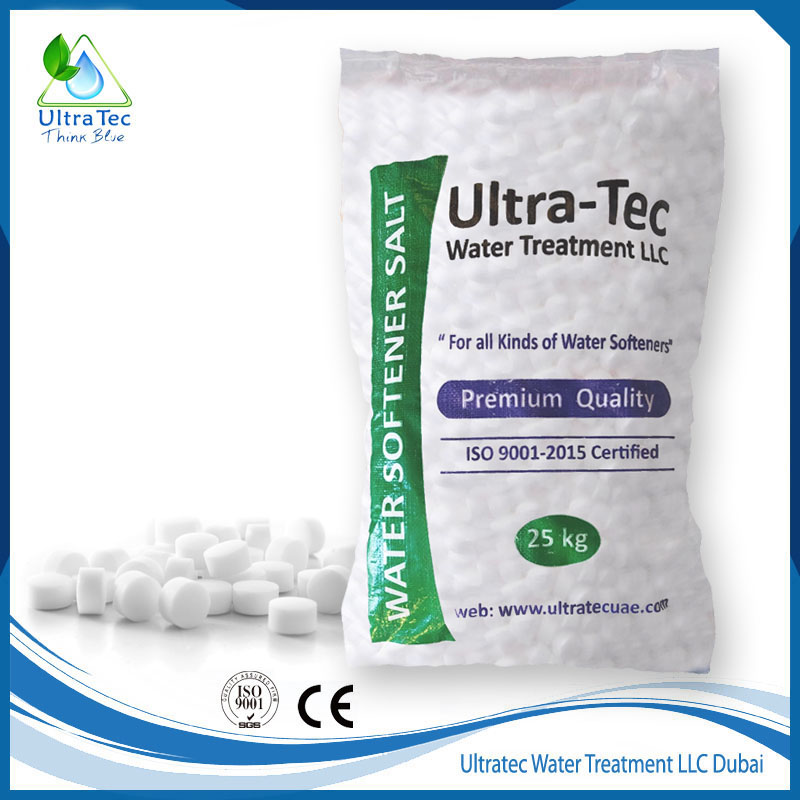- Home
-
About
-
Products
- Our Projects
- Why Choose Us!
- Contact Us
Menu- Home
- About Us
- » Company Profile
- » Testimonials
- PRODUCTS
- » Water Filtration
- » Reverse Osmosis
- » Media Filtration
- » Ultrafiltration
- » UV Sterilization
- » Water softening
- » Deionization
- » High Pressure Pumps
- » Dosing Pumps
- » Media & Chemicals
- » Cartridges & Filters
- » Accessories
- » Water Quality Testers & meter
- OUR PROJECTS
- WHY CHOOSE US!
- CONTACT US
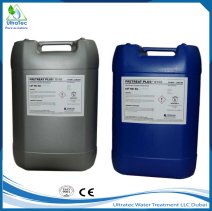
Anti Scalant Chemicals USA
All reverse osmosis (RO) feed waters are different in ionic composition. As a result, different types of scale may deposit on the membranes if the correct antiscalant is not used. Selecting the right antiscalant and cleaning chemicals will optimize operating efficiency and help to prevent plant failure.
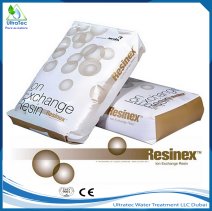
Resin
An ion-exchange resin or ion-exchange polymer is a resin or polymer that acts as a medium for ion exchange. It is an insoluble matrix (or support structure) normally in the form of small (0.5–1 mm diameter) micro beads, usually white or yellowish, fabricated from an organic polymer substrate. The trapping of ions occurs along with the accompanying release of other ions, and thus the process is called ion exchange.Most commercial resins are made of polystyrene sulfonate. Mixed bed resins or mixed bed ion exchange resins are mainly used in the water purification industry for polishing process water to achieve de mineralized water quality (such as after a reverse osmosis system).
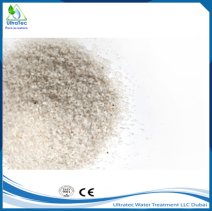
Sand
Sand filters are used as a step in the water treatment process of water purification.
There are three main types; rapid (gravity) sand filters, upward flow sand filters and slow sand filters. All three methods are used extensively in the water industry throughout the world. The first two require the use of flocculant chemicals to work effectively while slow sand filters can produce very high quality water free from pathogens, taste and odor without the need for chemical aids Sand filters can, apart from being used in water treatment plates, be used for water purification in singular households as they use materials which are available for most people.
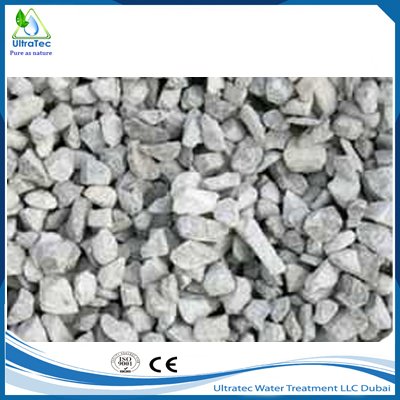
Gravel
Filter gravel is used as a support media to filter sand and coal in water filters.
For maximum efficiency, filter gravel must possess the necessary attributes of hardness and be rounded rather than angular.
Filter Gravel is a hard, round, predominantly quartz aggregate. The filter gravel, like filter sand, contains hard durable particles with a slow breakdown rate. This helps to prolong filter media life.
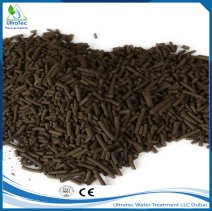
Activated Carbon
Carbon filtering is a method of filtering that uses a bed of activated carbon to remove contaminants and impurities, using chemical adsorption.
Activated carbon works via a process called adsorption, whereby pollutant molecules in the fluid to be treated are trapped inside the pore structure of the carbon substrate. Carbon filtering is commonly used for water purification, in air purifiers and industrial gas processing, for example the removal of siloxanes and hydrogen sulphide from biogas. It is also used in a number of other applications, including respirator masks, the purification of sugar cane and in the recovery of precious metals, especially gold. It is also used in cigarette filters.
UltraTec Water Treatment LLC Dubai U.A.E
Address: Office & Showroom warehouse # S11
Near Arabian Adventures Dubai investment Park 2 DUBAI UNITED ARAB EMIRATES.
Email: info@ultratec-uae.com
marketing@ultratecuae.com
Fax: +971 - 4 252 8355Dubai : +971 4 269 5241
+971 4 268 5336
+971 4 268 5788
Hot Line: +971 55 407 7079
